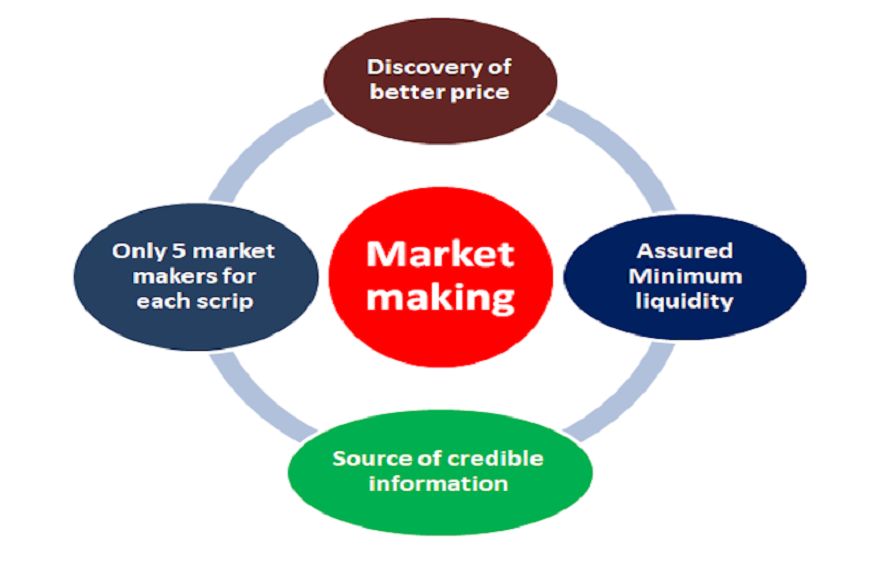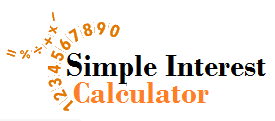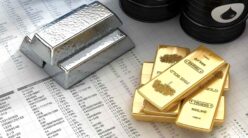
In listed options trading, a market maker is an entity that provides liquidity to the market by quoting buy and sell prices for a security or other financial instrument. Market makers are typically large banks or brokerages with extensive trading operations.
Market makers play a fundamental role in ensuring that markets function smoothly and efficiently. By quoting prices and providing liquidity, market makers make it easier for traders to buy and sell securities. In return for their services, market makers earn a small fee from each trade they execute.
While market makers provide a vital service to the markets, they can also be a source of friction for traders. Because they quote prices and earn fees from trades, market makers have an incentive to trade against their customers. It can result in higher costs for traders and lower profits for market makers.
Many market makers are now required to trade through an exchange-traded fund (ETF) or another vehicle that allows them to trade without taking a position against their customers to avoid this conflict of interest. This arrangement is known as a ‘designated primary market maker’ (DPM).
What other functions do market makers have in listed options trading?
Executing Trades
In addition to quoting prices, market makers also execute trades. When buyers and sellers concur on a price, the market maker will match them up and execute the trade.
Providing Credit
Market makers often credit traders who cannot post margins for their trades. This credit is known as ‘house credit’ and is typically extended to large institutional traders.
Clearing Trades
After a trade is executed, market makers are responsible for clearing the trade. It involves sending the necessary documentation to the appropriate clearinghouses and ensuring that the trade is settled correctly.
Settling Trades
Once a trade is cleared, market makers must settle the trade. It involves transferring the securities or other assets from one party to the other and ensuring that all parties receive the correct payments.
Managing Risk
Market makers are also responsible for managing their own risk. It includes hedging their positions and monitoring their exposure to certain types of risk.
Benefits of using market makers
Increased Liquidity
Market makers help increase liquidity by providing quotes and executing trades, making it easier for traders to buy and sell securities.
Tight Spreads
Market makers typically quote tight spreads, which is the difference between the bid and ask price. It can save traders money on their trades.
Reduced Slippage
Slippage is the balance between the expected and actual prices at which the trade is executed. Market makers can help reduce slippage by providing quotes closer to the actual value of the security.
Increased Access
Market makers typically have access to a broader range of securities than individual traders. It can give them an advantage when trading certain types of securities.
Better Execution
Market makers can typically execute trades faster and at a better price than individual traders. It can save traders money on their trades.
Disadvantages of using market makers
Conflicts of Interest
Because market makers earn fees from trades, they have a conflict of interest when trading against their customers. It can result in higher costs for traders and lower profits for market makers.
Lack of transparency
Market makers typically do not disclose their trading strategies or the prices they are willing to buy or sell securities. This lack of transparency can make it challenging for traders to get the best possible price for their trades.
Manipulation
Market makers can manipulate the markets by quoting fake prices or executing trades that are not in the best interests of their customers. This type of behaviour can harm investors and damage the integrity of the markets.
High Costs
Market makers typically charge higher fees than other types of traders. It can make it more expensive for investors to trade in the markets.
Taxes
Market makers are typically required to pay taxes on their trading profits. It can reduce the amount of money that they earn from their trades.
If you would like to start trading listed options in the UK, you can click here to see available assets for trading on Saxo markets




